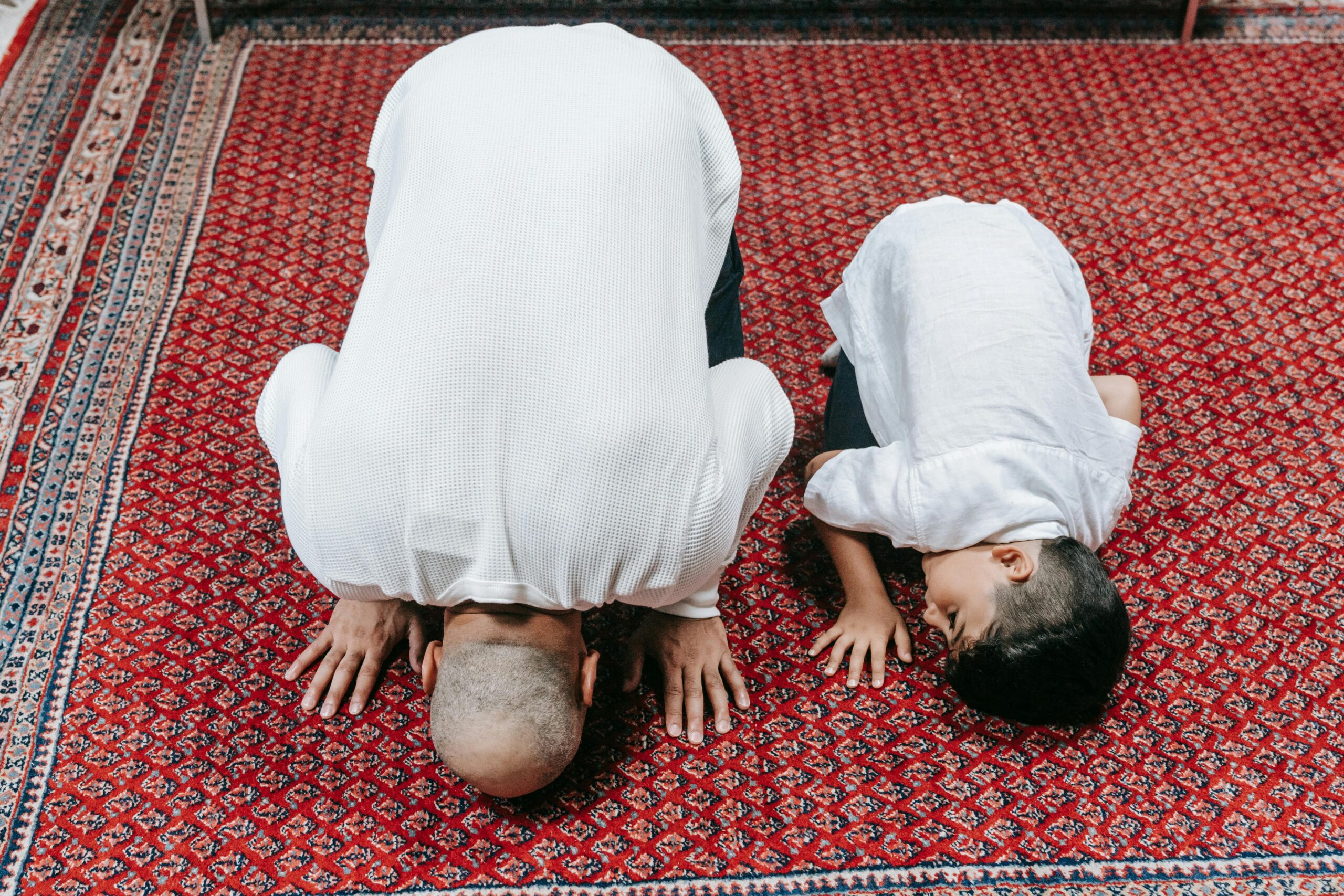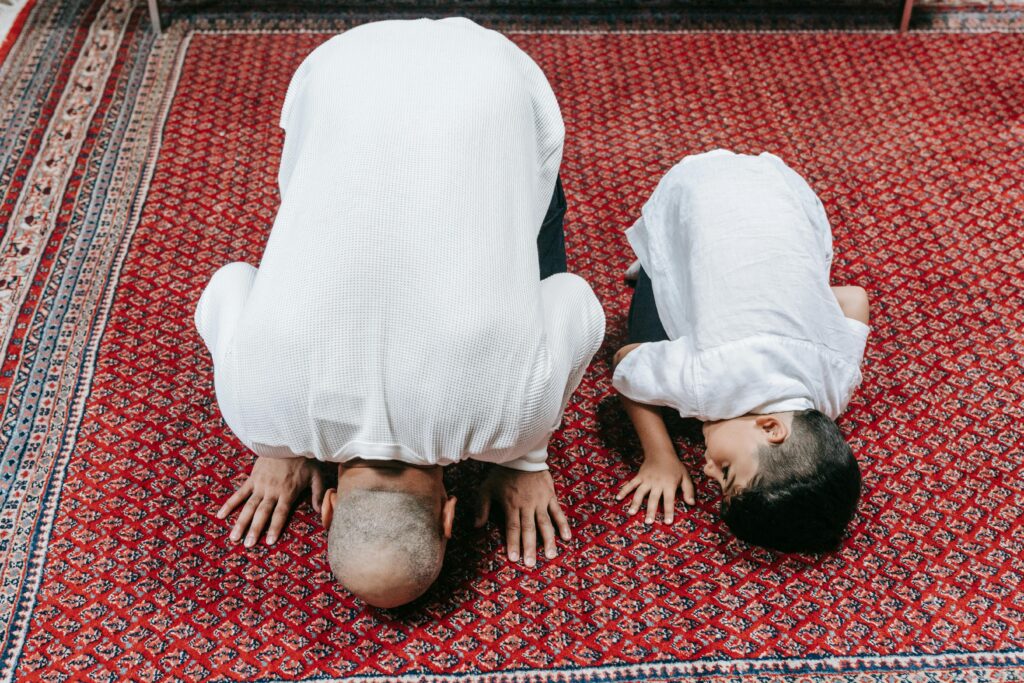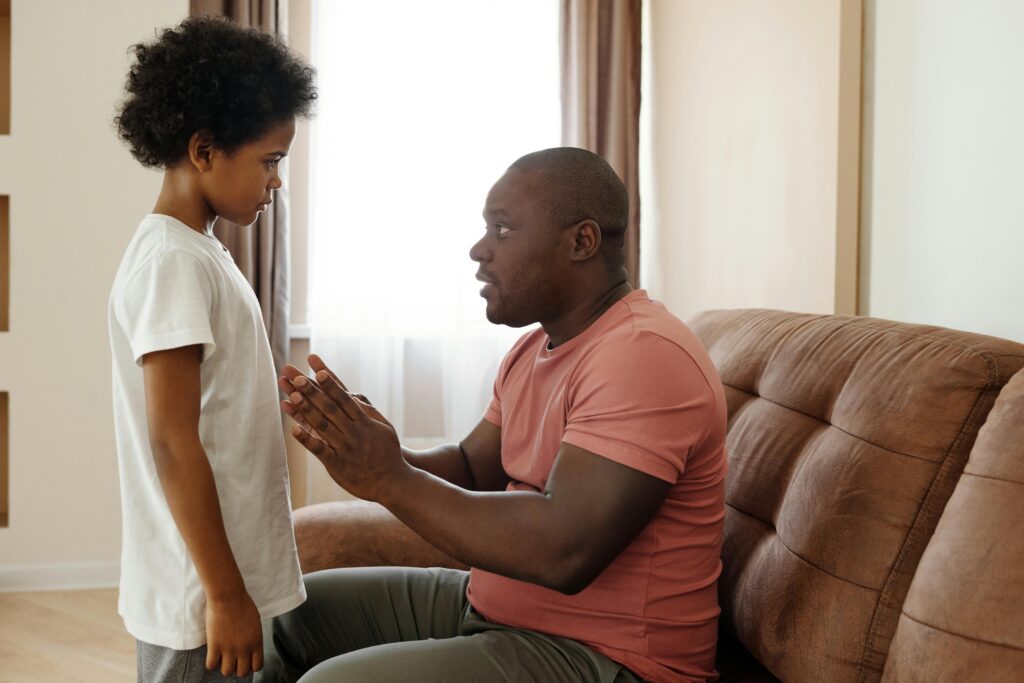If you have a topic or question you would like to discuss, please feel free to reach out. I would be delighted to hear from you: salam@abasnur.com

Raising Responsible Children Through Islam
There’s a certain softness in the way children view the world — especially when you watch them closely. I often find myself quietly observing my nieces and nephews. The way they light up over the smallest things, how they copy what they see, the way their emotions are raw and untamed. It’s all so pure. And it reminds me just how deeply children absorb everything around them.
It also makes me reflect. I’m not yet a parent, but being an uncle comes with its own kind of responsibility — one that quietly teaches you how much influence even a small moment can have. A gentle word, a shared story, a simple prayer before bed. These moments, though often forgotten by us, are remembered by them.
And if there’s one thing Islam makes clear, it’s that raising children isn’t a task for just the parents — it’s a collective responsibility. It’s about preparing young hearts not just to succeed in the world, but to stand firm in their faith, to carry themselves with adab, and to walk through life with purpose.
The Home Shapes More Than We Realise

Even when I spend just a weekend with my nieces and nephews, I can see how quickly they pick things up. The way they speak, how they respond when told “no”, their little habits — all of it is shaped by what they see at home.
Islam places incredible importance on the family home. It’s meant to be a place of tranquillity, structure, and spiritual growth. But more than that, it’s where a child first learns who they are and who they belong to. Before they know the word “Allah,” they’re watching how their parents and elders live. Do we rush our prayers or make them count? Do we raise our voices or keep our tempers?
We can quote hadiths and rules all day long, but children learn best by example. And the home is where those examples should be lived, not just preached.
What We Truly Leave Behind
Sometimes I wonder what kind of adults these children will become. Will they remember the Qur’an stories I told them? Will they grow up to be kind, responsible, and grounded in their faith?
The Prophet Moxamed (PBUH) said that a righteous child who makes duʿā’ for their parents is one of the few things that continues to benefit us after death. That’s a powerful legacy. We often focus on what we leave for our children — but Islam teaches us to think about what we leave within them.
Even as an uncle, I’ve come to realise that the way I speak to them, the way I behave around them, all leaves a mark. If we want the next generation to grow up better than us, it starts with how we carry ourselves in front of them.
Teaching Them to Love Knowledge
There’s something beautiful about a child asking, “Why?” That curiosity, that hunger to understand, is a gift. And in Islam, it’s something to be nurtured, not shut down.
The Prophet PBUH said a believer never grows tired of seeking beneficial knowledge. And this kind of knowledge isn’t limited to school subjects — it’s the kind that feeds the soul. Understanding the names of Allah. Learning how to be just. Asking why we pray, not just how to do it.
We don’t need to be scholars to guide children — we just need to create a home or environment where questions are welcomed, and learning is part of everyday life. Where a child can see that seeking knowledge is not a burden, but a lifelong companion.
Reminding Them That Life is a Trust

We live in a world that often tells children, “You can be whatever you want.” While that sounds empowering, it can also lead to confusion. Islam grounds us with something more lasting — a reminder that life itself is a trust. Time, youth, health, money, and knowledge — all of it is temporary, and all of it matters.
The Prophet (PBUH) said we’ll be questioned about each of these on the Day of Judgement. And while that might seem like a heavy truth to share with a child, I believe it’s the kind of truth that builds character. It helps children live mindfully, knowing that every action has meaning — even when no one is watching.
I’ve started to plant that seed with my nieces and nephews. Not through big lectures, but through small reminders. “What would Allah love more right now?” or “Let’s do this together and ask Allah to accept it.” These tiny seeds, if nurtured, can grow into something lasting.
If we want children who are responsible, faithful, and kind, then we must become people who live those values ourselves. We can’t guide little hearts if our own hearts are lost. We can’t ask for respect if we haven’t learned to give it. And we can’t expect our children to hold on to Islam if we’ve treated it like an afterthought in our own lives.
So, whether you’re a parent, an uncle, an older sibling, or simply someone who cares — your influence matters. You are part of the story that shapes the next generation.
JazakAllah khair for reading.


